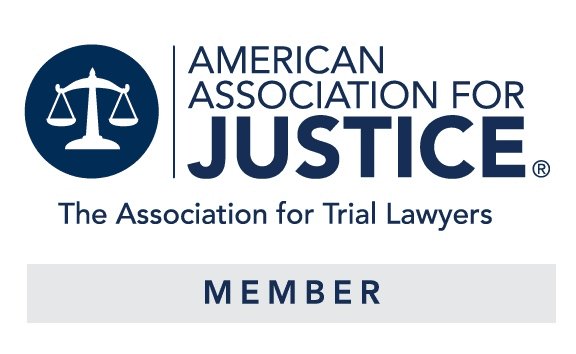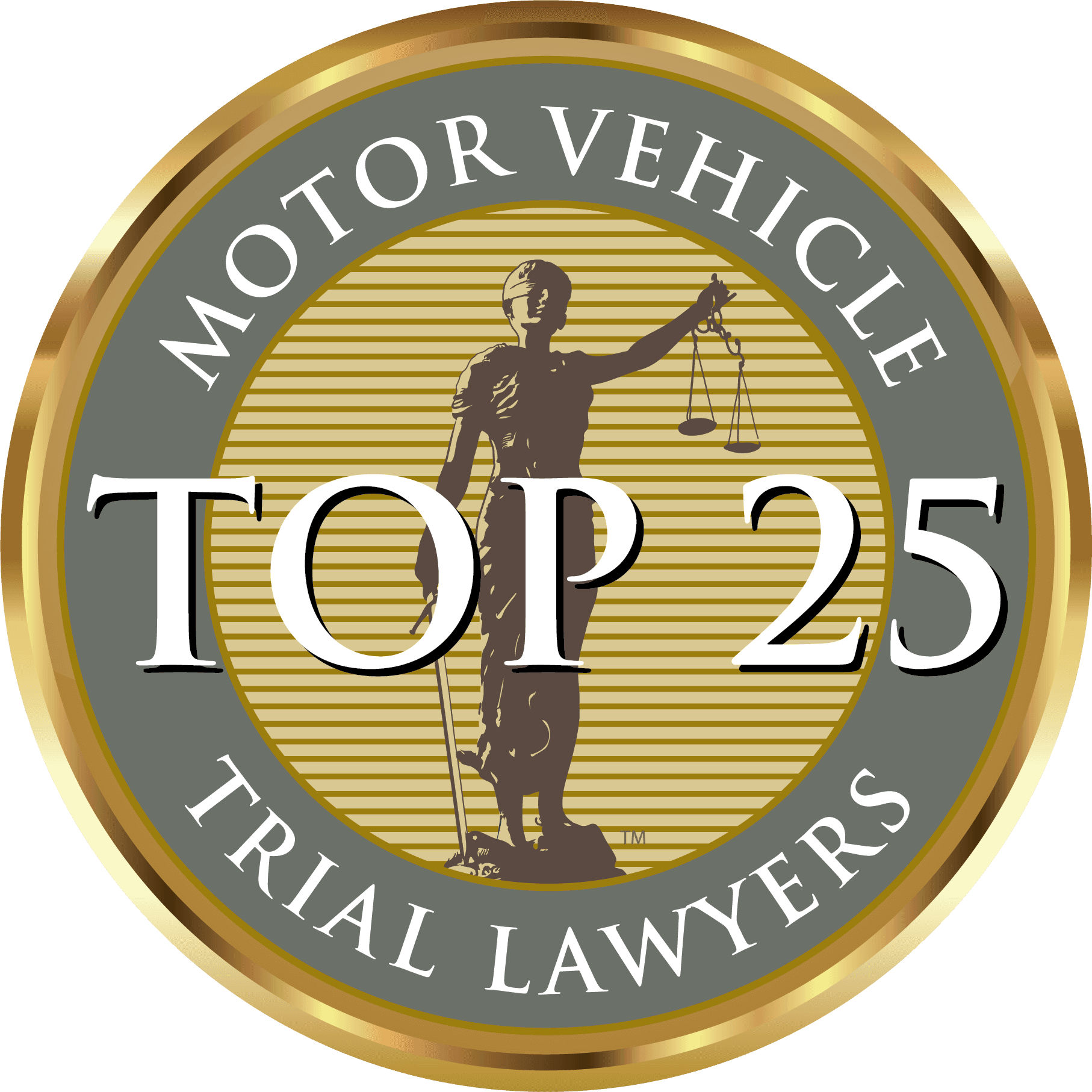
Types of Commercial Driver’s Licenses
Types of Commercial Driver’s Licenses in Georgia
Operating a commercial truck in Georgia requires special training, testing, and a commercial driver’s license (CDL). While CDLs are issued by the Georgia Department of Driver Services, the standards are set by the Federal Motor Carrier Safety Administration (FMCSA).
Whether you want to drive a semi-truck, school bus, or hazardous material transporter, understanding the types of CDLs and endorsements available is essential.
General Requirements for a Commercial Driver’s License in Georgia
To apply for a CDL in Georgia, you must:
 Be at least 18 years old
Be at least 18 years old Hold a valid Georgia Class C driver's license
Hold a valid Georgia Class C driver's license Be at least 21 years old to operate a commercial vehicle outside of Georgia
Be at least 21 years old to operate a commercial vehicle outside of Georgia Obtain a Commercial Learner’s Permit (CLP) and hold it for at least 14 days
Obtain a Commercial Learner’s Permit (CLP) and hold it for at least 14 days Complete Entry-Level Driver Training (ELDT) as of February 7, 2022
Complete Entry-Level Driver Training (ELDT) as of February 7, 2022 Pass vision, knowledge, and road skills tests
Pass vision, knowledge, and road skills tests Maintain a clean driving record
Maintain a clean driving record Meet FMCSA’s medical certification requirements
Meet FMCSA’s medical certification requirements Pass a background check for certain endorsements (e.g., Hazmat)
Pass a background check for certain endorsements (e.g., Hazmat)
Classes of Commercial Driver’s Licenses in Georgia
Georgia issues three main types of CDLs, each authorizing you to drive different types of vehicles:
Class A CDL
 For operating combination vehicles (e.g., tractor-trailers) with:
For operating combination vehicles (e.g., tractor-trailers) with:  A combined weight over 26,001 pounds
A combined weight over 26,001 pounds The towed unit exceeding 10,000 pounds
The towed unit exceeding 10,000 pounds
 Also permits operation of Class B and C vehicles (with proper endorsements)
Also permits operation of Class B and C vehicles (with proper endorsements)
Class B CDL
 For operating single vehicles over 26,001 pounds
For operating single vehicles over 26,001 pounds The towed unit must be under 10,000 pounds
The towed unit must be under 10,000 pounds Includes operation of Class C vehicles (with proper endorsements)
Includes operation of Class C vehicles (with proper endorsements)
Class C CDL
 For operating:
For operating:  Passenger vehicles that transport 16 or more people, including the driver
Passenger vehicles that transport 16 or more people, including the driver Vehicles transporting hazardous materials that require placards
Vehicles transporting hazardous materials that require placards
CDL Endorsements in Georgia
Endorsements allow CDL holders to transport specialized cargo or operate unique vehicle types. These require additional testing.
EndorsementDescriptionHHazardous materials (Hazmat)NTank vehicles carrying liquids or gasesPPassenger vehicles (e.g., buses with 16+ passengers)SSchool buses (must pass additional background checks)TDouble/triple trailersXCombination of Hazmat and tank vehicles
These endorsements ensure that drivers are trained for high-risk situations, such as transporting dangerous goods or multiple trailers.
What to Do After a Commercial Truck Accident in Georgia
A collision involving a commercial vehicle can lead to severe or fatal injuries. If you or a loved one is involved in a truck accident in Georgia, here’s what to do:
 Call 911 immediately for emergency responders
Call 911 immediately for emergency responders Stay safe and avoid additional injuries
Stay safe and avoid additional injuries Take photos and video of the accident scene, if safe to do so
Take photos and video of the accident scene, if safe to do so Collect witness information (names, phone numbers, etc.)
Collect witness information (names, phone numbers, etc.) Get prompt medical treatment
Get prompt medical treatment Track all damages, including:
Track all damages, including:  Medical bills
Medical bills Lost wages
Lost wages Emotional distress
Emotional distress Vehicle repair or replacement costs
Vehicle repair or replacement costs
Truck accident cases are highly complex and may involve:
 Multiple defendants (driver, trucking company, manufacturer, etc.)
Multiple defendants (driver, trucking company, manufacturer, etc.) Federal trucking regulations
Federal trucking regulations Substantial evidence (black box data, maintenance logs, etc.)
Substantial evidence (black box data, maintenance logs, etc.)
Working with an experienced Georgia truck accident attorney is vital to protecting your rights and maximizing compensation.
Talk to a Truck Accident Lawyer at Lawson Personal Injury Attorneys
Georgia Personal Injury Lawyers
We focus exclusively on serious personal injury cases, including:
Assault Injuries
Bad Faith Insurance
Bicycle Accident
Brain Injury
Bus Accidents
Car Accidents
Catastrophic Injuries
Child Injuries
Construction Accidents
Dog Bites
If your life was disrupted by someone else's negligence, we're here to restore your power through the law.











